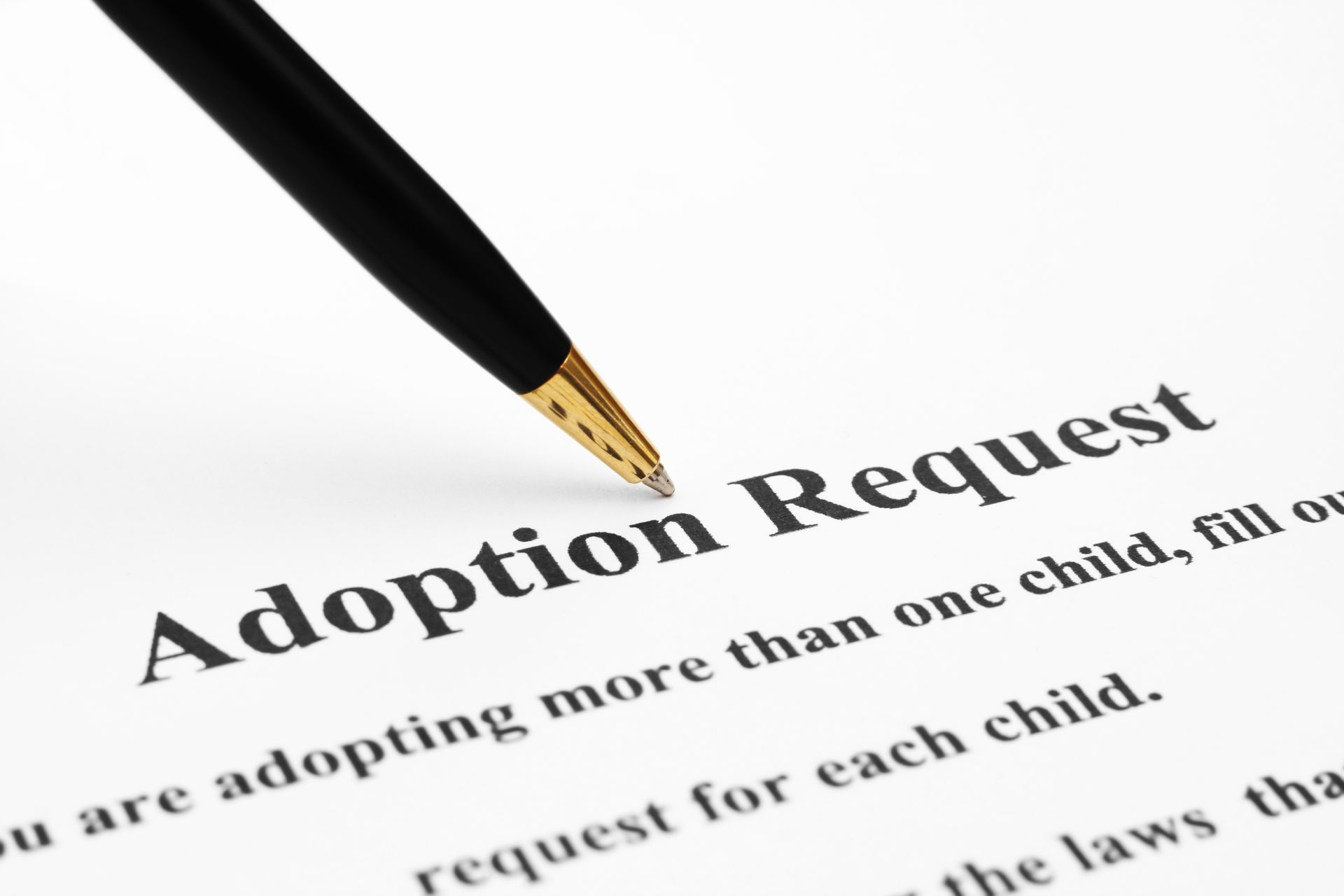Navigating Child Custody Law: What Every Parent Should Know
With the custody of your children, the complexities of legal jargon mixed with the emotional stress of separation and divorce can leave you feeling as though you're about to embark on a journey through the great unknown. But it doesn't have to be this way.
Whether you're facing this issue head-on or looking to arm yourself with information just in case, understanding the basics of child custody law is essential. Explore the key tenets that every parent should know, helping demystify the process with clear, concise, and friendly guidance.
Understanding the Basics of Child Custody Law
Even before you set foot in a courtroom, grasp the fundamentals. In the majority of states, custody laws center around the concept of the best interests of the child. What does that mean for you? It means the court will make decisions based on what will most benefit your child's welfare in terms of their overall well-being, security, and happiness.
This concept is vague by design, allowing judges to consider a wide range of factors from each family's unique situation. It may include the child's age, mental and physical health, the ability of each parent to provide a stable and loving environment, and the child's established social and educational life.
Types of Child Custody
Child custody typically falls into several categories:
- Legal Custody: This is the right to make decisions regarding your child's upbringing, including education, healthcare, and religious training. This can be awarded to one parent (sole custody) or both (joint custody).
- Physical Custody: This involves where your child will live. This can also be awarded to one parent (sole custody) or both (joint custody).
- Sole Custody vs. Joint Custody: As the names suggest, sole custody means one parent has all the rights and responsibilities for the child, while joint custody means both parents share those rights and responsibilities.
The specific arrangements will vary based on your family's situation and possible involvement from state guidelines.
Crafting a Workable Parenting Plan
In many instances, courts will encourage parents to create their own parenting plans. This document outlines the schedule for physical custody and the decision-making process for legal custody.
When drafting your plan, practicality and flexibility are key. Life happens, and what works one year may need to be adjusted in the next. A well-crafted plan will anticipate this, providing a mechanism for making modifications without undue stress.
The Importance of Mediation
Mediation can be a game-changer if you and your ex are struggling to communicate effectively. Mediation is a process where a neutral third party helps you negotiate a parenting plan that meets the best interests of your child.
This person, often a trained mediator or family law attorney, will guide you through the process, help keep emotions in check, and ensure all options are considered. It's a cost-effective and often less adversarial approach that aims for a win-win resolution.
Enforcing Child Custody Agreements
While it's hoped that all parties keep to their end of agreements, sometimes things fall apart. If a parent violates a custody order, the ramifications can be significant. The aggrieved parent can seek enforcement through legal channels, which might involve the police or returning to court.
Keep detailed records of all instances where the custody order is not followed. These records can serve as crucial evidence if enforcement becomes necessary.
Having a Full Understanding of Child Custody Law Enhances Your Parenting Journey
Navigating child custody law is a process that benefits from knowledge, understanding, and a calm approach. By familiarizing yourself with the basic aspects of child custody, parenting plans, mediation, and enforcement, you're better equipped to protect not just your rights but also the well-being of your child.
Remember, at the heart of custody law is the best interest of your little ones. Strive to keep that in focus, and you'll be well on your way to crafting a post-divorce life that ensures your continued happiness and security. Speak to us today if you need help with child custody arrangements.
Contact Information
Phone: 864-233-3100
Address: 870 Cleveland Street Suite 2D, Greenville, SC, 29601














